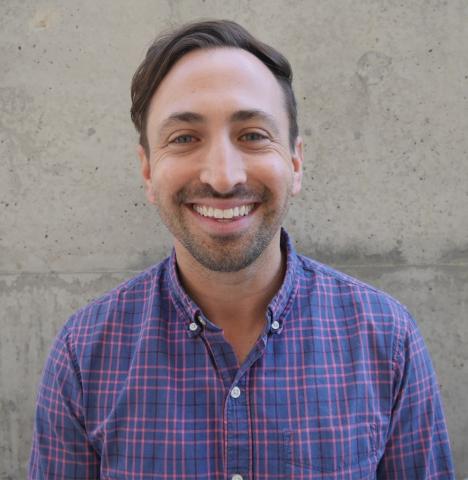There has been a growing interest in combining psychedelics with psychotherapy. Consciousness-altering substances like ketamine, MDMA, DMT, LSD, and psilocybin (aka “shrooms”) have been used by indigenous cultures in ceremonies and by partygoers at music festivals. However, different formulations of these drugs are now being brought into clinical settings to assist psychotherapists with the improvement of mental health conditions, such as depression, anxiety, PTSD, chronic pain, and addiction.
Palo Alto University (PAU) alum Alex Kelman, PhD, who graduated in 2016 from the
PhD in Clinical Psychology program, is at the forefront of this cutting-edge research. Dr. Kelman is working in psychedelic research as the Head of Therapies at Cybin, Inc. “There’s a lot of promise in this research for helping people to feel better and stay feeling better for longer,” says Kelman.
What to Expect from Psychedelic-Based Therapy
As opposed to being used as a daily medication, like the current paradigm of SSRIs, psychedelic-based therapy offers a qualitatively different approach:
First is the preparation phase, where the client meets with the facilitators. Together, they discuss coping strategies to calm the nervous system during the medicine session. They also set intentions for what the client hopes to get out of the experience.
Step two is the medicine session(s), where the client takes a psychedelic compound. The client lies down, wears an eye mask to block out light, and experiences the effects under the care of trained facilitators. The facilitators are in the room ensuring the client feels safe and supported and helping with regulation strategies as needed.
The third component of treatment is about integration. With the help of the facilitators, the client makes meaning out of what they learned in the medicine session and identifies how they can bring their new insights into their lives. This integration session helps the client take what they gained from the medicine session and find ways to sustain that growth in their daily lives going forward.
“Integration is critical for the client to really think about what they want to change in their life and what they want to do in service of what the medicine showed them,” says Kelman. “Integration is the difference between just having a ‘trip’ versus lasting change.”
Cautiously Approaching Psychedelic-Based Therapy
Kelman urges people not to take the power of psychedelics lightly as the experience can be quite intense psychologically, especially if done in a non-controlled way.
“We need to be wise and cautious about how we use these medicines—assessing the right dosage and administering the appropriate integration,” says Kelman. “These are powerful tools for expanding consciousness, so we need really good ethical frameworks around their application in clinical settings.”
Hopes for the Future of Psychedelic-Based Therapy
“We are in a mental health crisis, and we need to offer another alternative,” says Kelman. “We need good education around what these medicines can and cannot do and what settings are most beneficial for improving mental health.”
A major goal of the clinical trials being held at Cybin, Inc. is to have psychedelic-based therapy accessible to more people.
“I’m grateful to be doing work that is aligned with my value of improving mental health at the population level and being part of something that not only reduces suffering but also builds thoughtful consciousness,” says Kelman. “It feels like I’m in the right place at the right time.”


